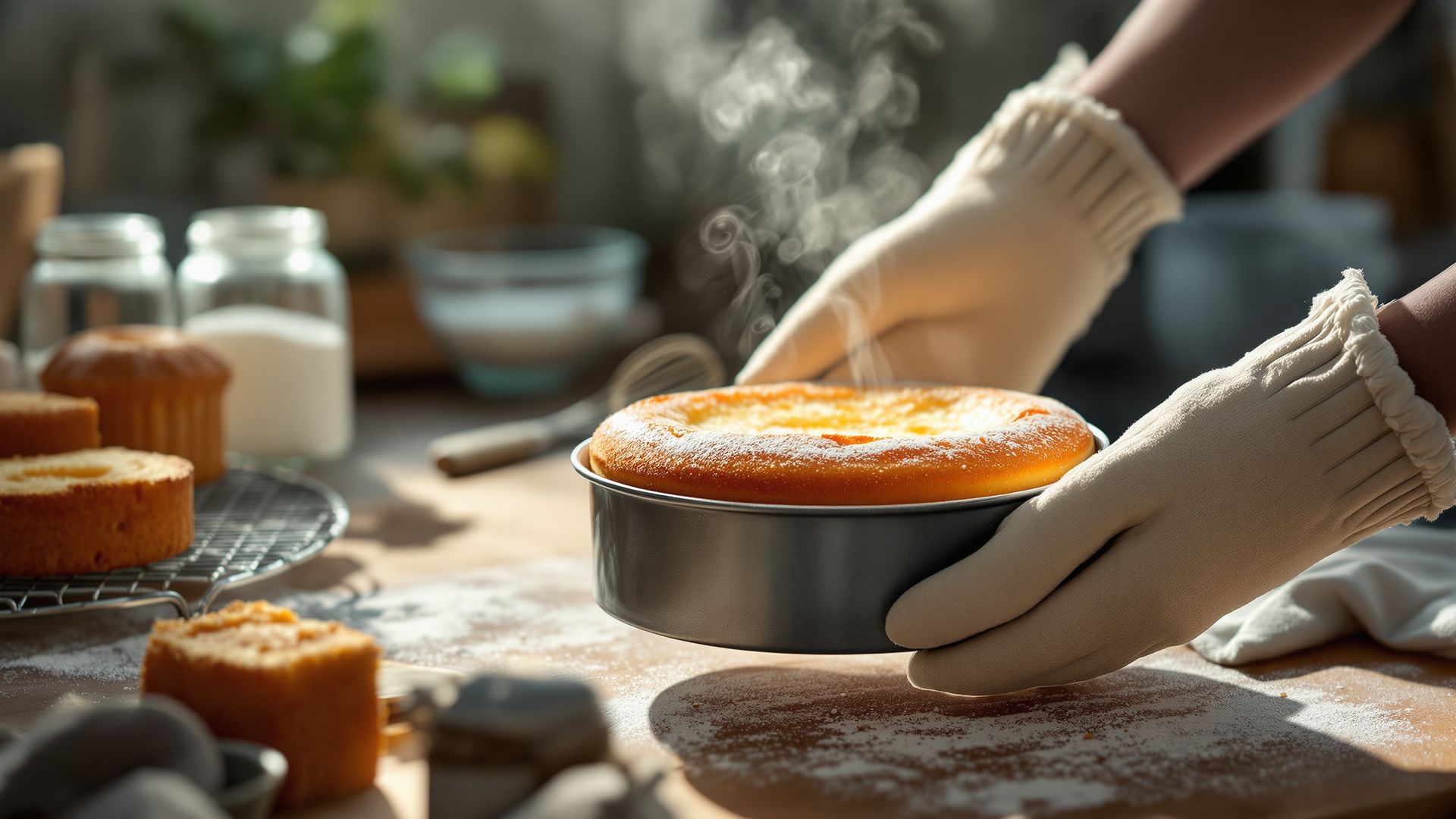
Why Homemade Cakes Taste Better Than Store-Bought Cakes
There’s something almost magical about the moment you slice into a cake you made yourself — the steam rising, the crumb yielding just right, the aroma that fills the kitchen and draws people in. That sensory connection is the first reason homemade cakes often taste better: you’re present for every step, and that attention translates into flavour.
When you whisk, fold, and taste as you go, you’re tailoring the outcome in ways a factory line never can. Fresh ingredients make a measurable difference. Butter straight from the fridge, eggs at room temperature, real vanilla extract, and ripe fruit deliver brightness and depth that preservatives and shelf-stable substitutes simply can’t replicate. Store-bought cakes often rely on stabilizers and long-life fats to withstand shipping and display, maintaining their shape and texture. Those ingredients prioritise longevity over nuance, dulling the delicate flavours that make a cake truly sing.
Texture is another area where home-baked wins. You control mixing speed, baking time, and pan choice — all of which shape crumb structure. Overmixed batter leads to toughness; undermixed batter creates uneven pockets. At home, you adjust based on feel and experience. A quick tap to check springiness, a toothpick test for doneness — these simple checks let you pull a cake at peak tenderness, something mass-produced cakes rarely achieve. Customization is where your creativity transforms a good cake into something unforgettable. Want less sugar, more citrus, or a surprise layer of jam? You can do that. Want to adapt for dietary needs—gluten-free, dairy-free, or reduced sugar—without sacrificing flavour? Homemade baking empowers you to experiment and refine recipes until they reflect the exact taste you crave. That personal touch often makes the cake taste better, not just to you, but to everyone who shares it. Emotional value elevates flavour, too. Cakes made for birthdays, anniversaries, or quiet Sunday afternoons carry stories. The memory of a first lesson with grandma, the laughter around a batter-covered apron, the pride in a perfectly levelled tier — all these associations enhance enjoyment. Neuroscience shows that context and memory influence taste perception; food tied to positive emotions literally tastes better.
Practical tips to get that bakery-quality result at home: invest in good-quality ingredients (real butter and vanilla), use an oven thermometer to ensure accurate heat, and don’t rush the cool-down — letting a cake rest prevents crumbling and locks in moisture. Try simple recipe tweaks: substitute browned butter for regular butter to add nutty complexity, fold in whipped egg whites for a lighter sponge, or brush sponge layers with a flavoured syrup for extra moisture and depth. If you love the idea of homemade flavour but want convenience, consider buying high-quality baking tools and pantry staples to make the process easier. A reliable stand mixer, non-stick pans, and a digital scale can transform results and reduce stress. Buy premium vanilla, good chocolate, and proper flour — small upgrades that yield big flavour returns. Ultimately, the superiority of homemade cake comes down to control, freshness, and heart.
Whether you’re baking to celebrate, to experiment, or simply to enjoy the act itself, each cake becomes a reflection of your choices and your care. Take the leap: mix, bake, taste, tweak — and discover how much better joy can taste when it’s homemade.